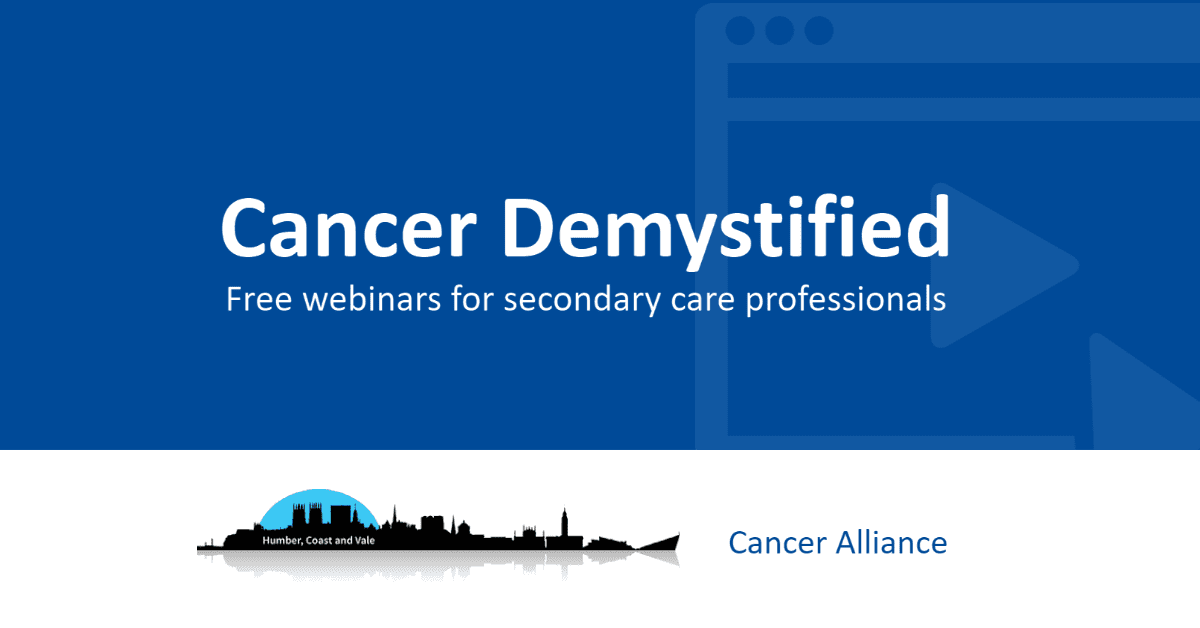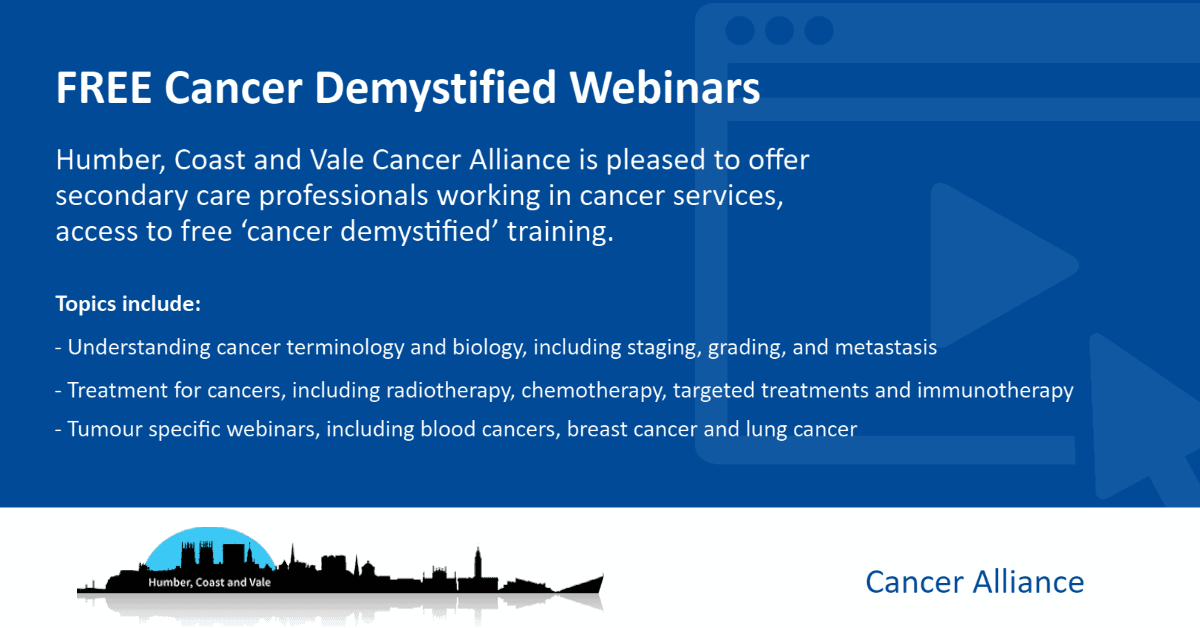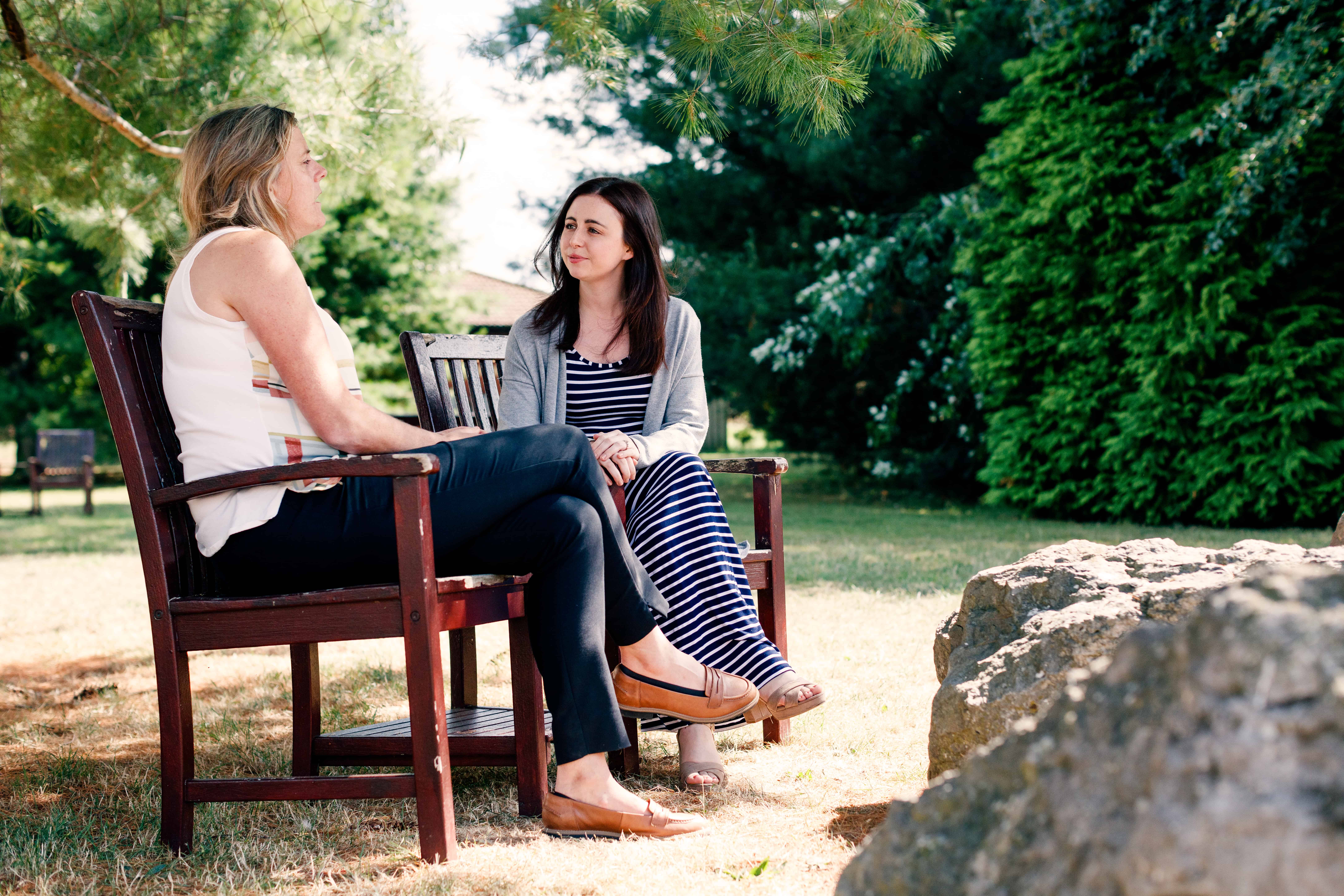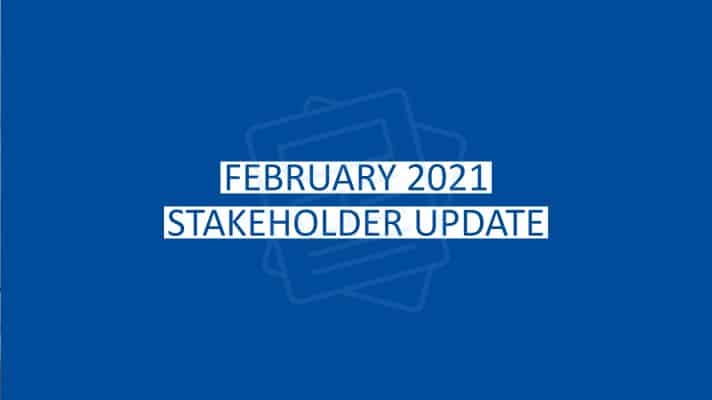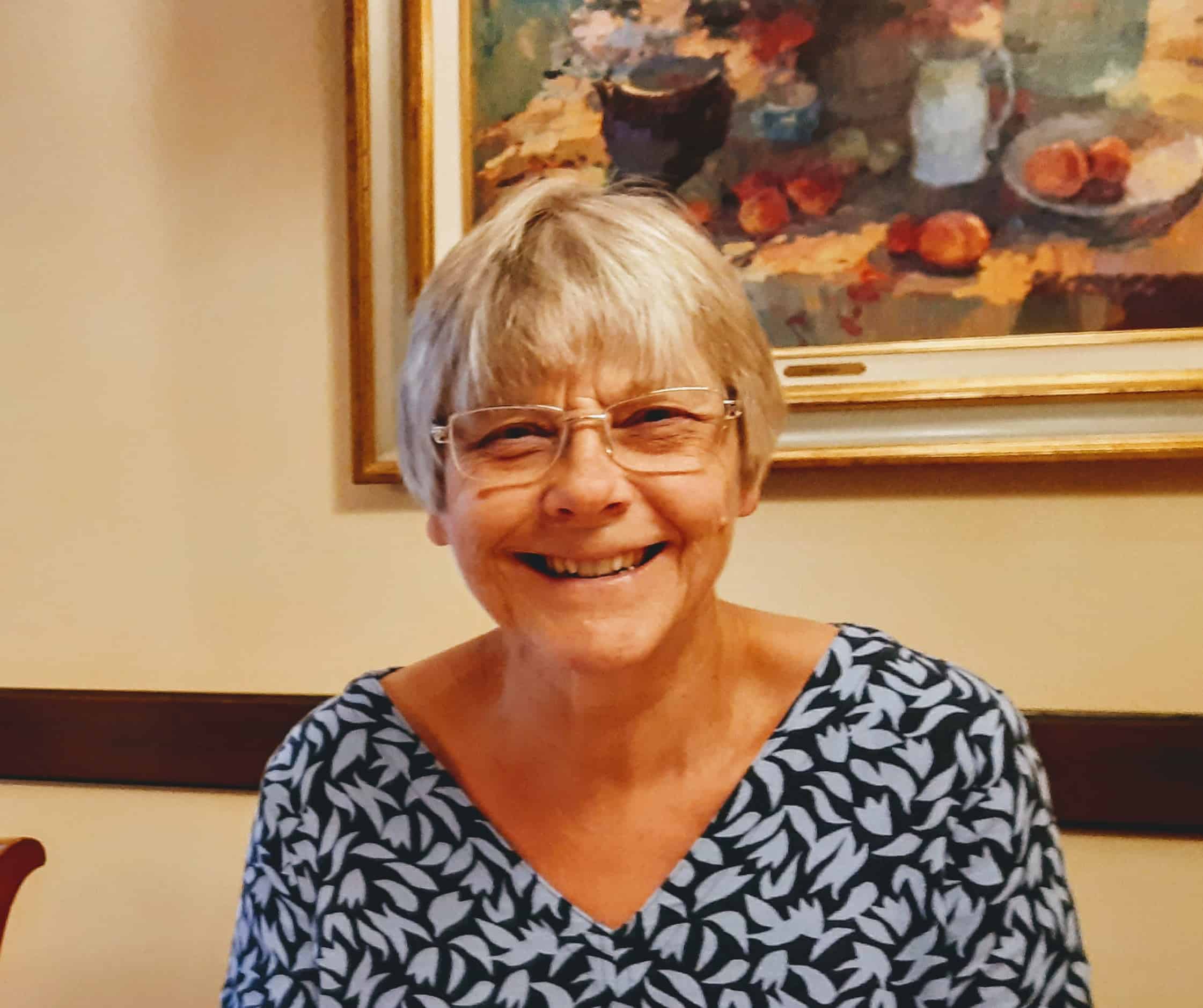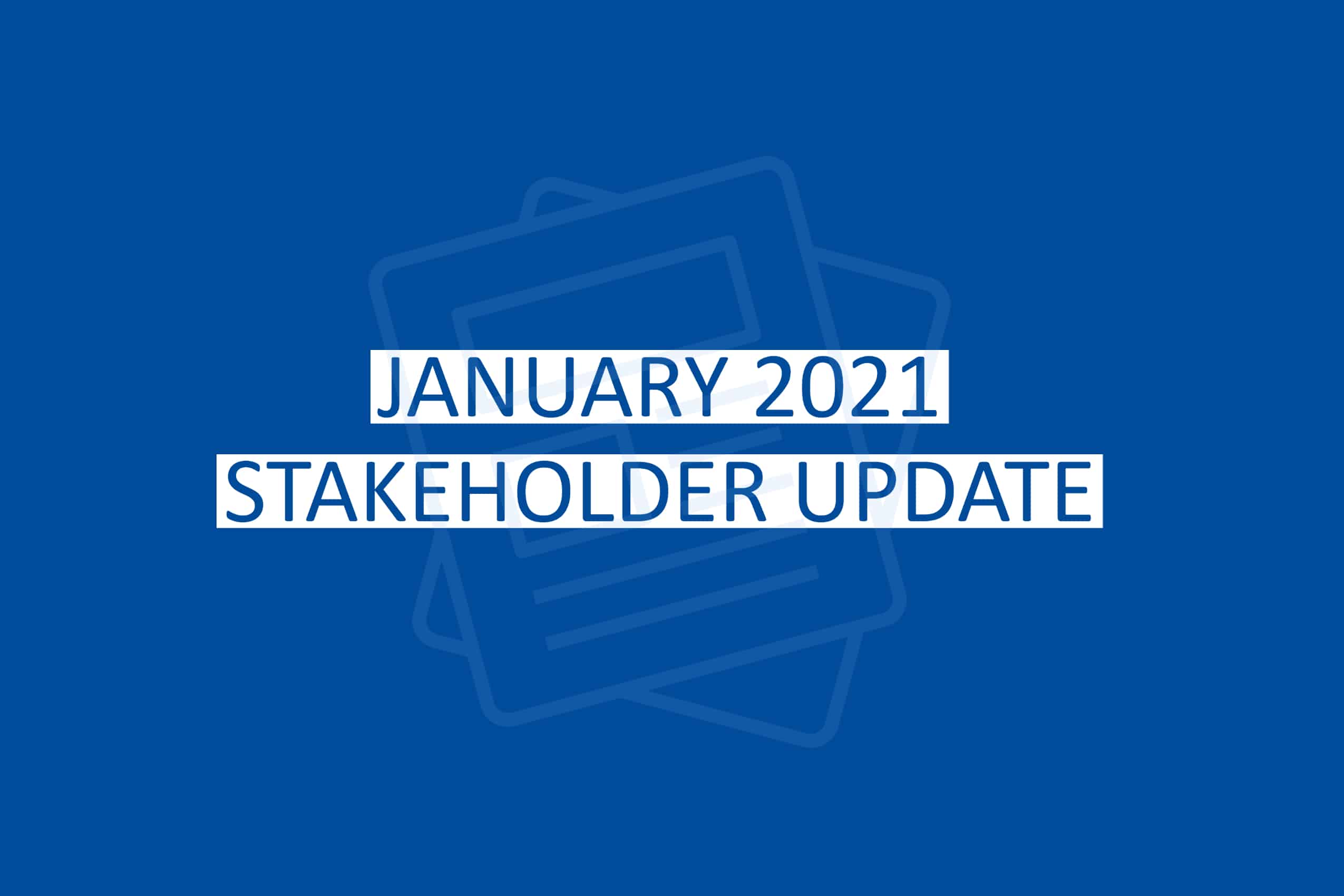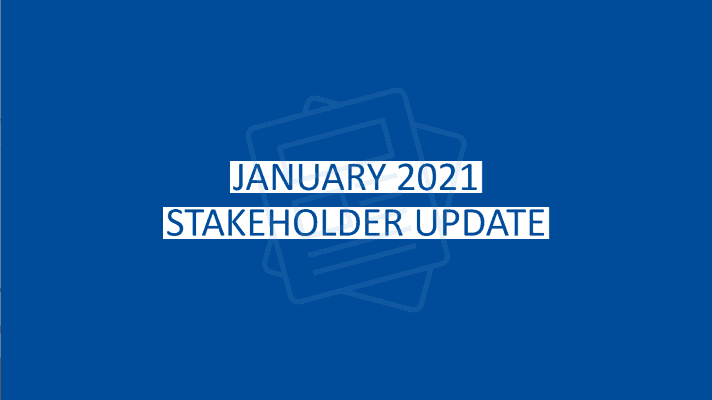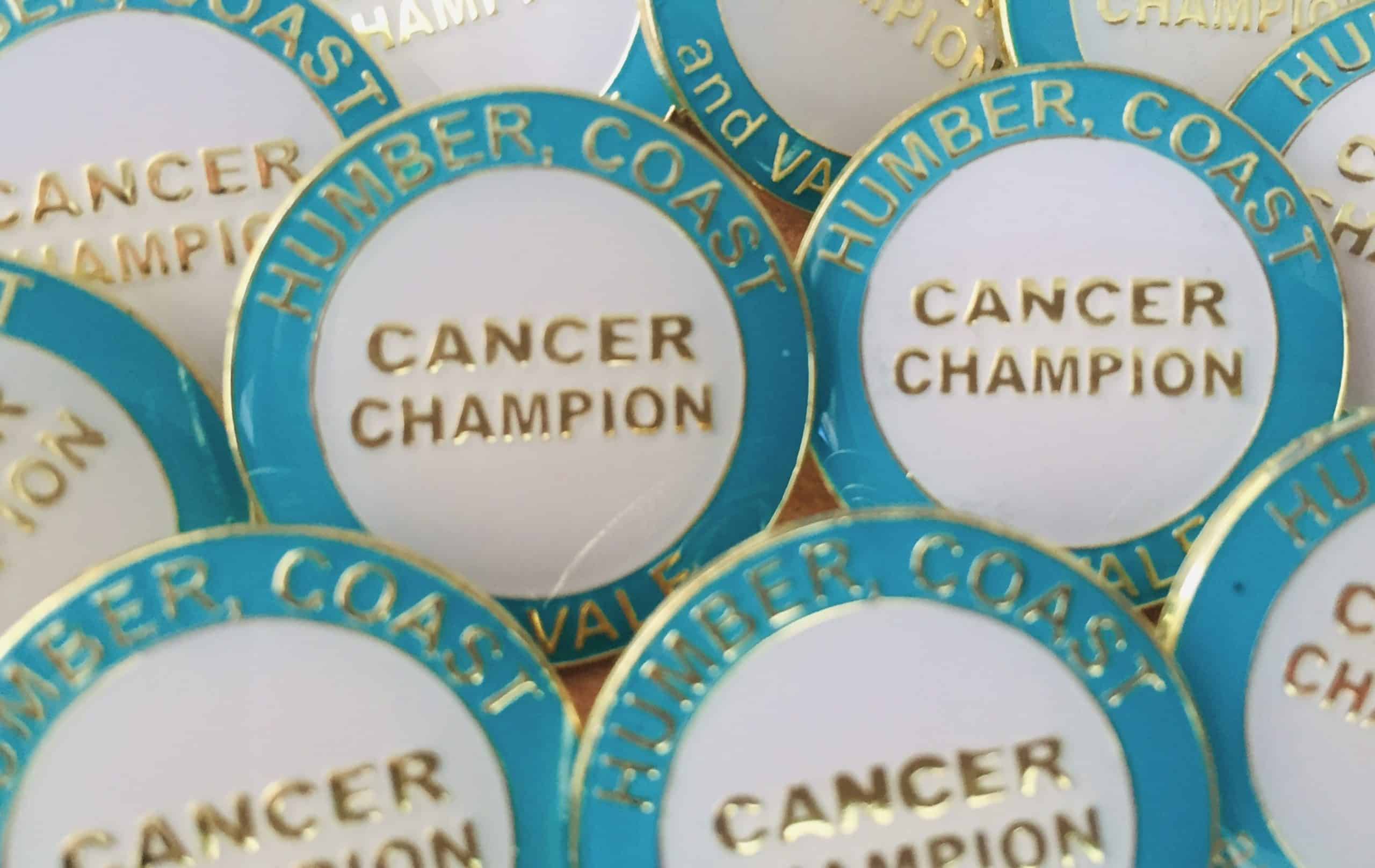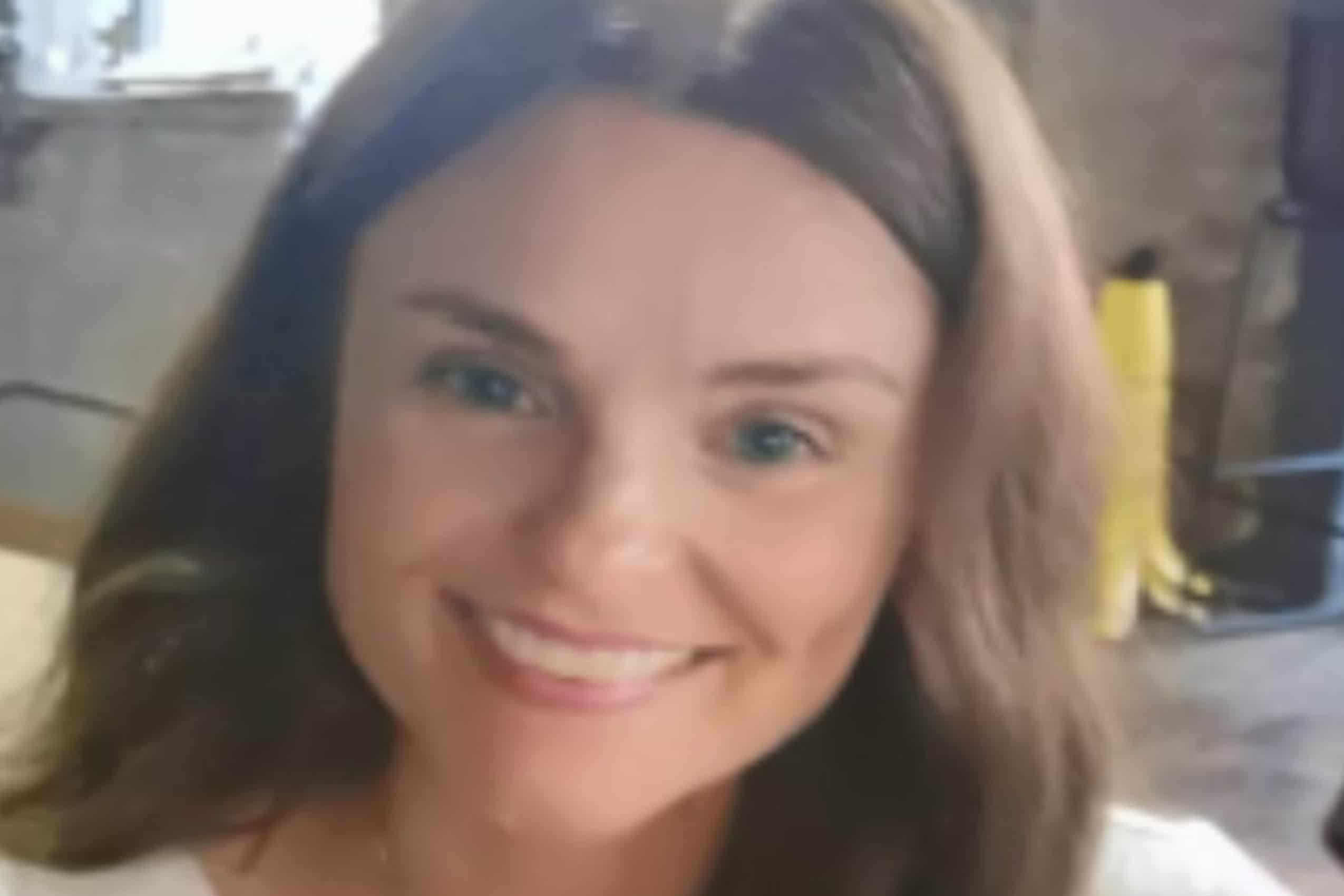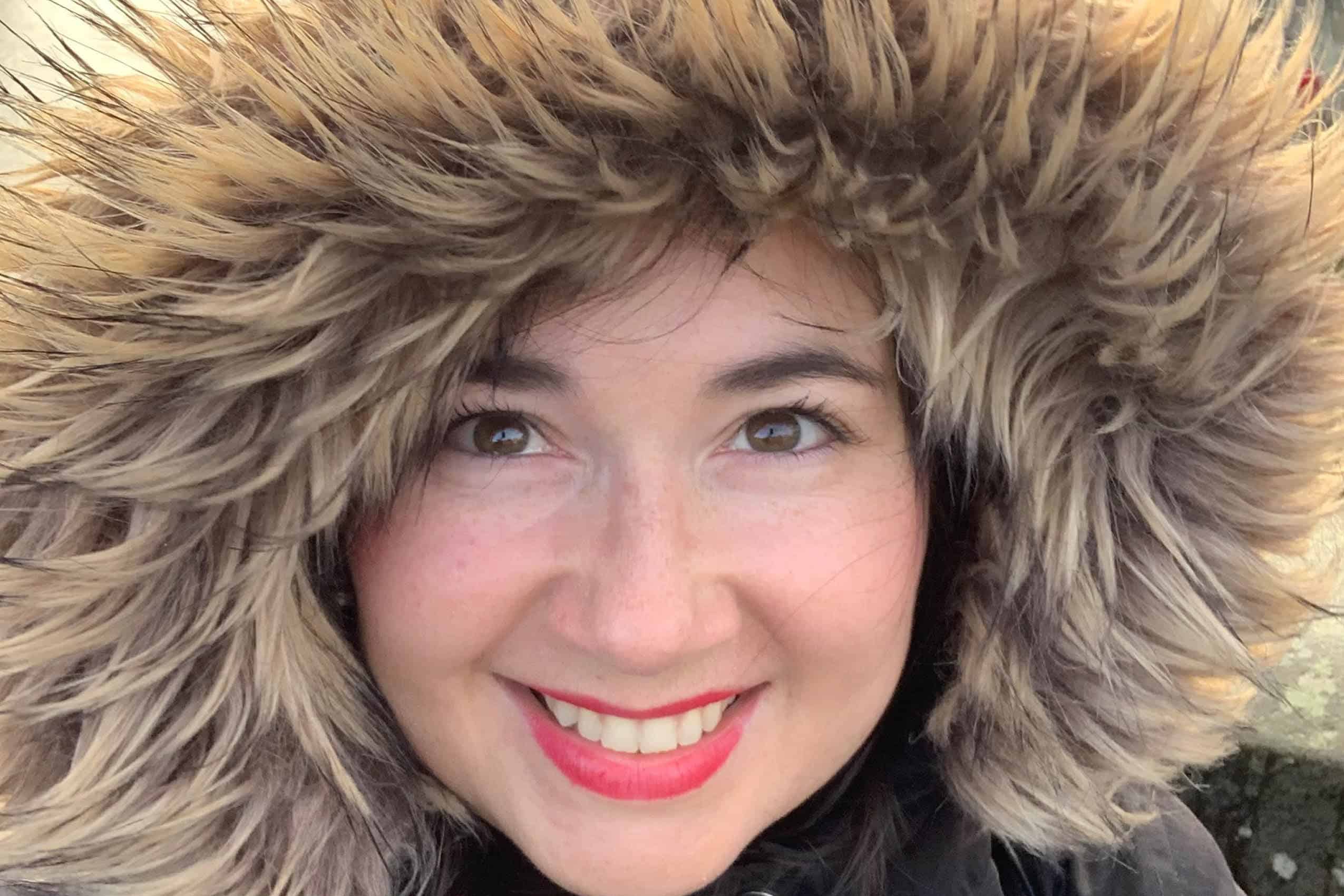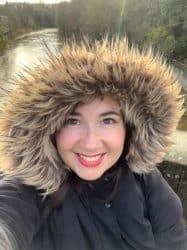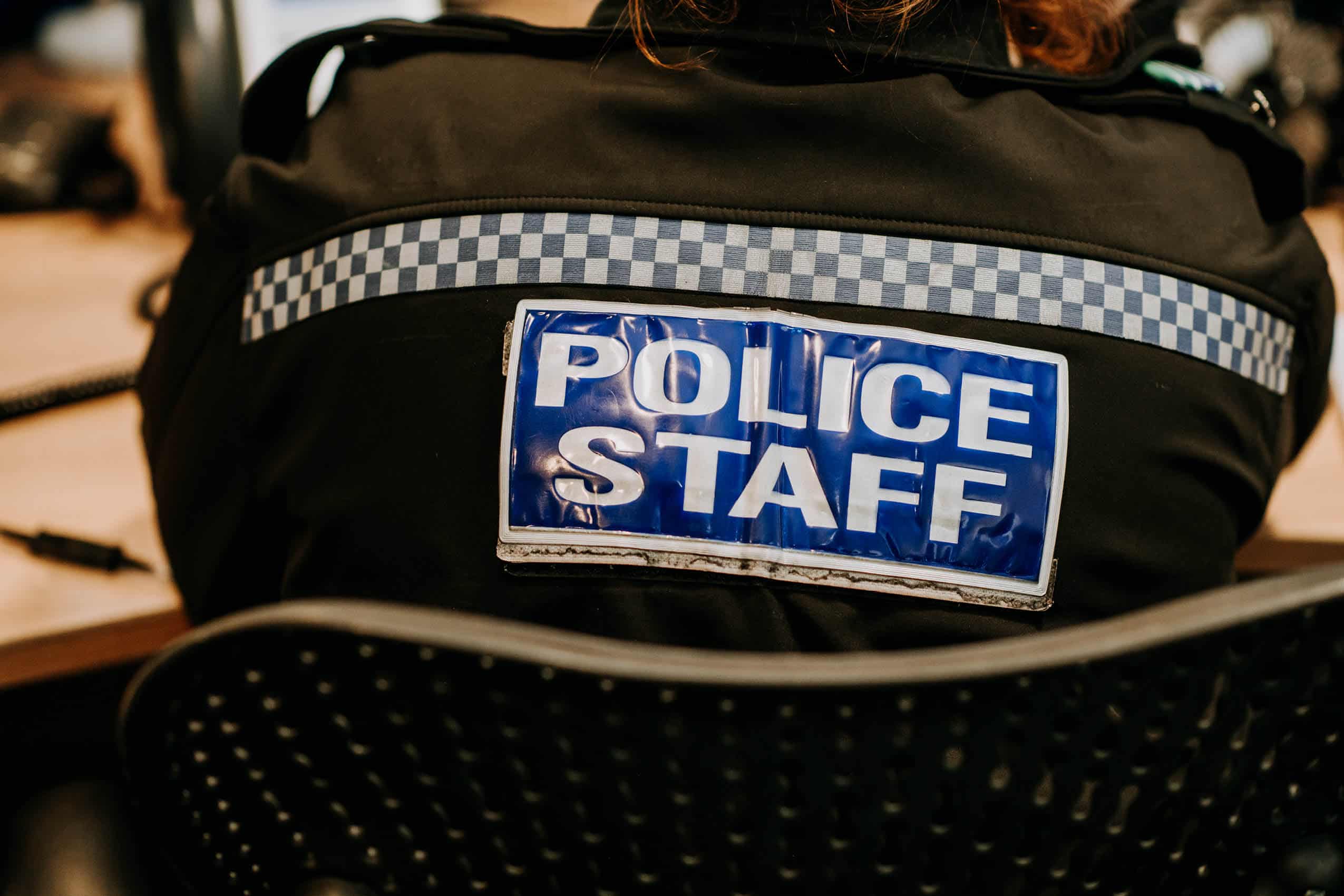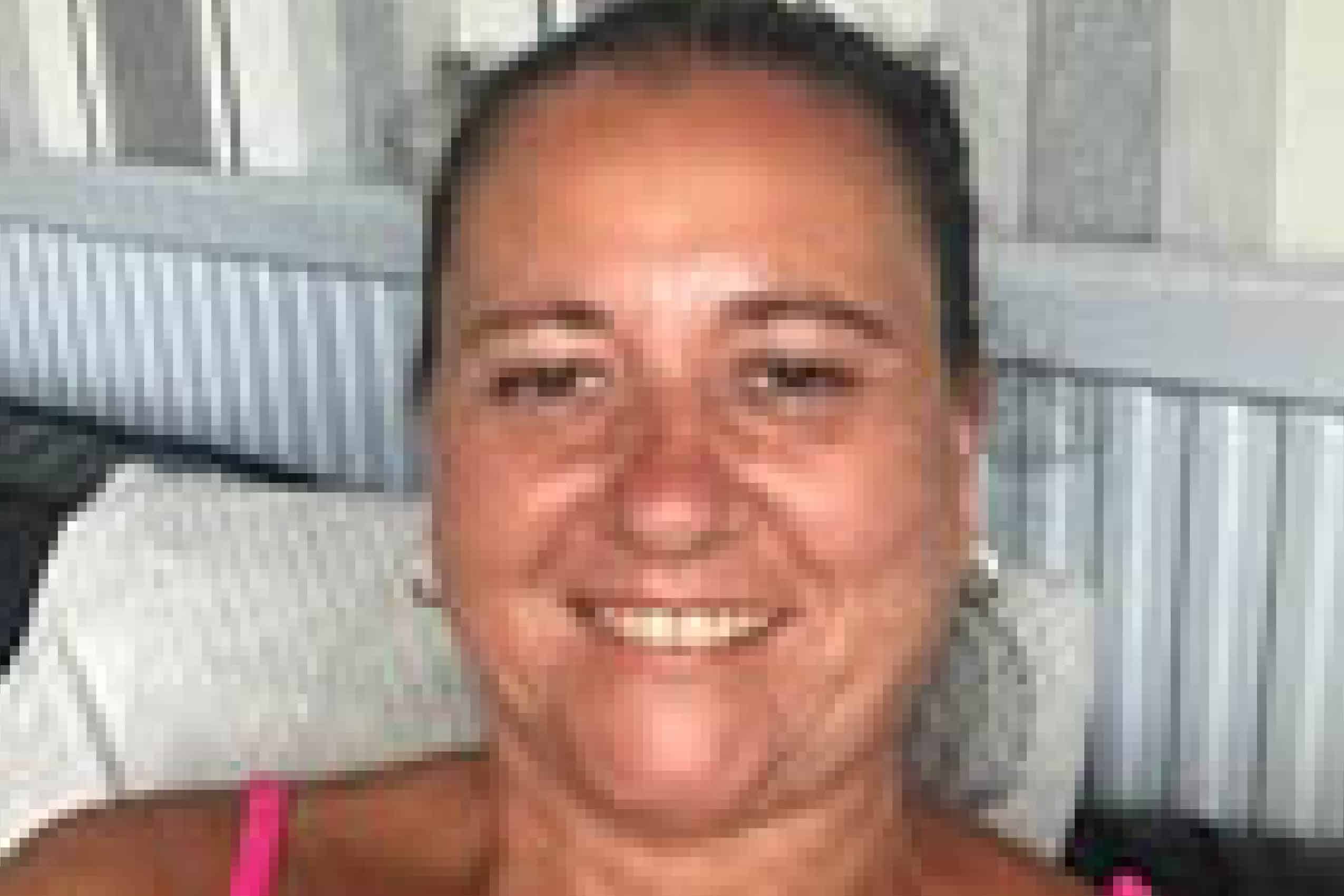After attending Myeloma Support Group meetings in Lincoln, Carolynne decided Scunthorpe needed a group of its own, where those affected by Myeloma and other blood cancers could chat about their experience. Here, she tells us more about herself and the group.
After attending the Lincoln SMYLLE Haematology Support Group meetings, I realised something was missing from my local community. Although the meetings in Lincoln were excellent, a more local group would mean members could talk about news from their local hospitals and services.
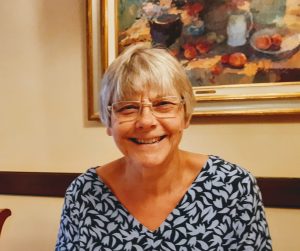
Carolynne’s advice is to stay positive and try to enjoy every day.
I went along to a couple of Myeloma UK patient information days in Leeds, which inspired me to inform local patients about the information and help
available from the charity. Soon after, the North Lincs Myeloma support group was formed.
We are an informal, friendly group, where members can come along to exchange news and experiences, as well as offer friendship and support to one another. I take the role of passing on any news items from Myeloma UK. They supply us with lots of different booklets on living well with myeloma, help for carers, as well as news about new drugs and trials.
At the moment, we only have a handful of members, as we find it difficult to get the message out, but we welcome anyone affected by myeloma to our meetings, whether that’s patients, carers, or family members. We would also be happy to welcome anyone with other blood cancers. I find our group members are very cheerful and supportive; even funny most of the time!
Many of us are required to shield at the moment, which means we can’t meet up for the social get-togethers that we enjoyed before the coronavirus pandemic. We have to stay safe, but shielding can be frustrating, so we try to keep in touch and stay cheerful. At the moment, we have a monthly virtual meeting, which is organised by Pat Chennells, Macmillan Information Facilitator for Northern Lincolnshire and Goole NHS Foundation Trust. We also keep in touch via phone calls and WhatsApp.
